12 Movie Stars Who Became Directors and Absolutely Nailed It
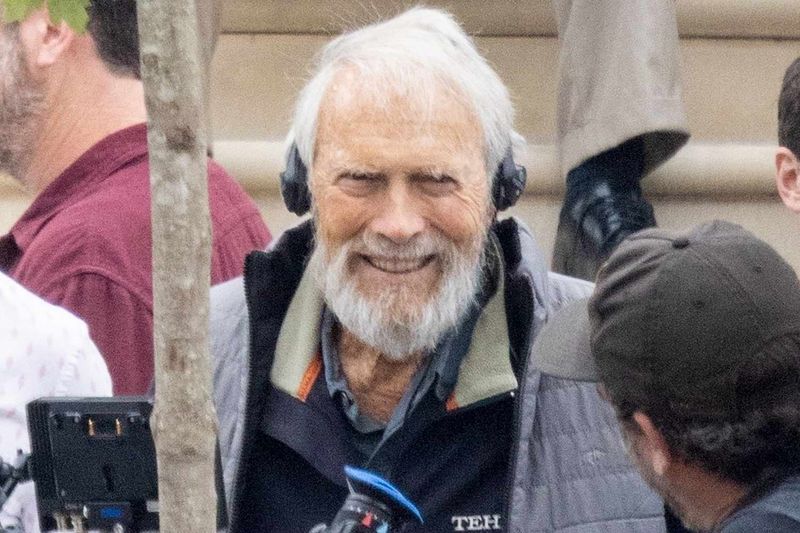
Hollywood has always been full of talented actors who dreamed of telling stories from behind the camera. Some took the leap and discovered they had a real gift for directing. These stars didn’t just try their hand at filmmaking—they created masterpieces that won awards, changed careers, and inspired millions of viewers around the world.
1. Robert Redford
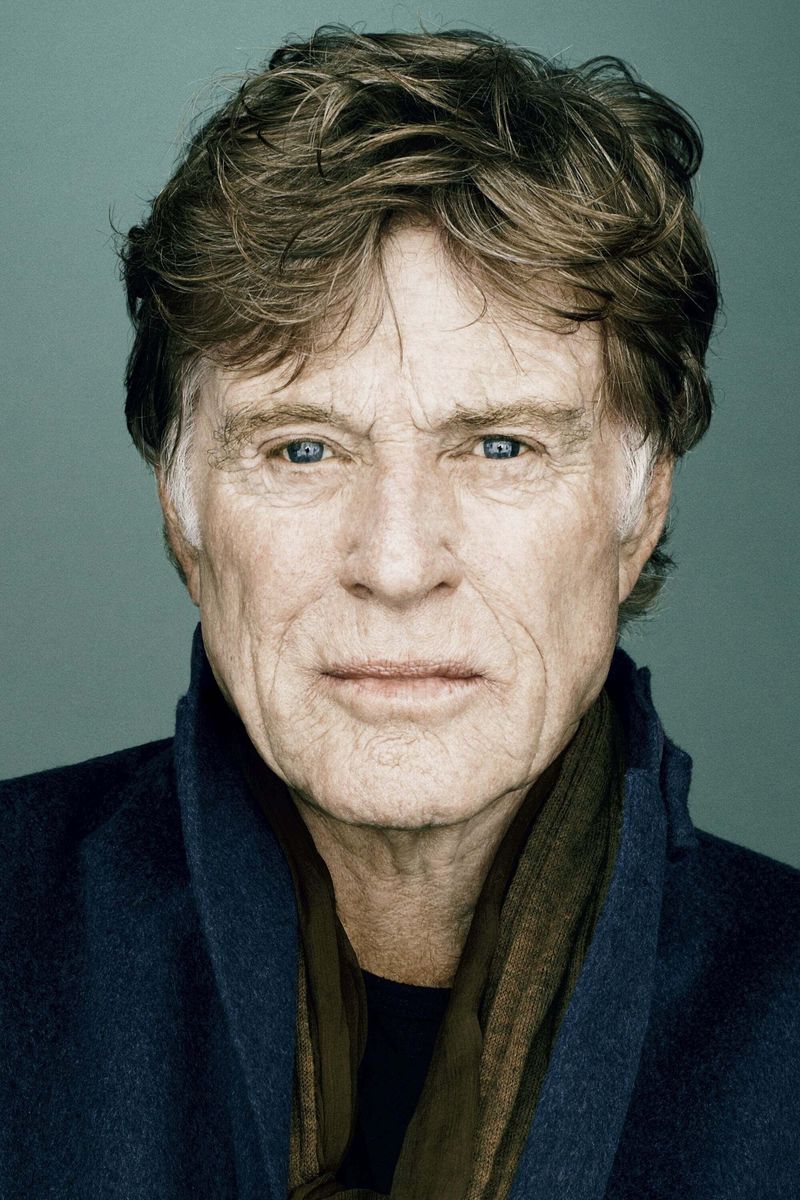
Robert Redford wasn’t just a handsome leading man—he had vision. His directorial debut, Ordinary People, tackled family trauma with raw honesty and won both Best Picture and Best Director Oscars in 1980.
Beyond his own films, Redford changed cinema forever by founding the Sundance Institute. This organization became the heart of independent filmmaking in America, giving unknown directors a platform to share their stories.
Redford’s impact stretches far beyond his acting roles. He championed voices that Hollywood often ignored, proving that great art doesn’t always need a massive budget or famous stars to succeed beautifully.
2. Ben Affleck
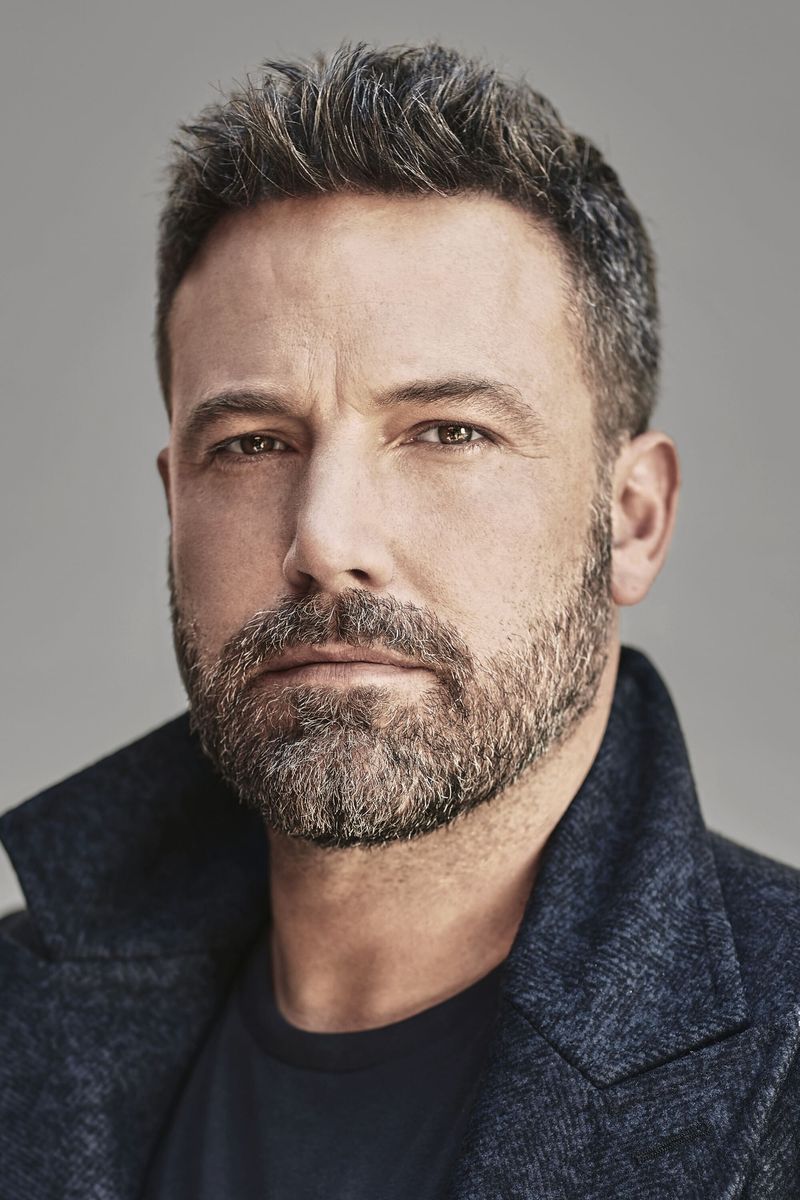
After facing career ups and downs, Ben Affleck found his true calling behind the camera. His directorial work includes Gone Baby Gone, The Town, and the Oscar-winning Argo, which took home Best Picture.
Affleck’s storytelling is sharp and confident, blending tension with heart. He knows how to build suspense while keeping audiences emotionally invested in his characters’ journeys.
His transition from troubled tabloid star to respected filmmaker is one of Hollywood’s greatest comebacks. Affleck didn’t just restore his reputation—he earned genuine respect as a serious artist who understands how to craft compelling, intelligent cinema that resonates deeply.
3. Kevin Costner

When Kevin Costner directed Dances with Wolves in 1990, many doubted a three-hour Western could succeed. He proved everyone wrong. The film won seven Oscars, including Best Picture and Best Director.
Costner’s vision was sweeping and ambitious. He paid careful attention to visual beauty and cultural authenticity, treating Native American characters with respect rarely seen in Hollywood at that time.
The film became a cinematic milestone that changed how Westerns were made. Costner showed that epic storytelling combined with cultural sensitivity could create something truly special, earning both critical acclaim and massive audience appreciation worldwide.
4. Mel Gibson
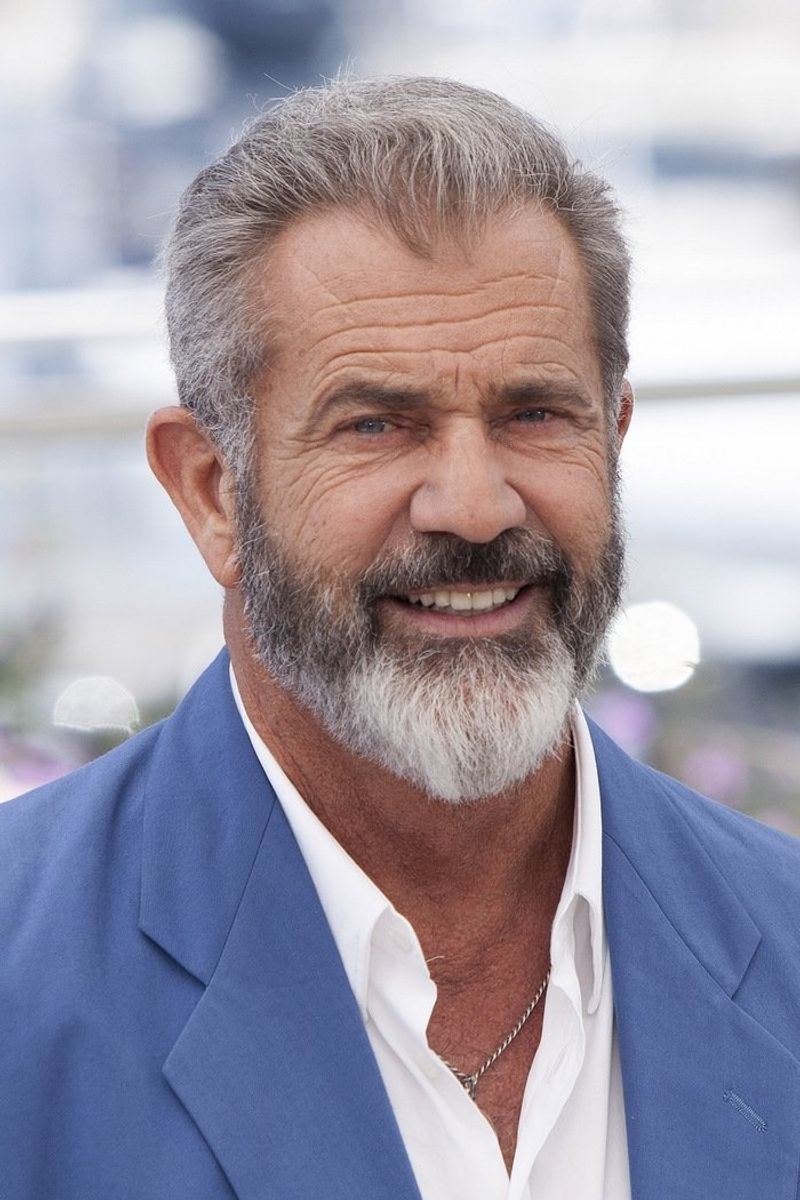
Mel Gibson’s directorial debut, Braveheart, was bold and brutal, winning him both Best Director and Best Picture Oscars in 1995. The film’s epic scale and emotional depth surprised critics who only knew him as an action star.
Gibson has a talent for combining large-scale action with deeply personal stories. His later film Hacksaw Ridge proved this wasn’t a one-time success but a consistent skill.
His directing style emphasizes courage, sacrifice, and redemption. Gibson creates films that challenge viewers emotionally while delivering spectacular visuals, making him one of Hollywood’s most distinctive and powerful filmmakers despite controversy.
5. Clint Eastwood
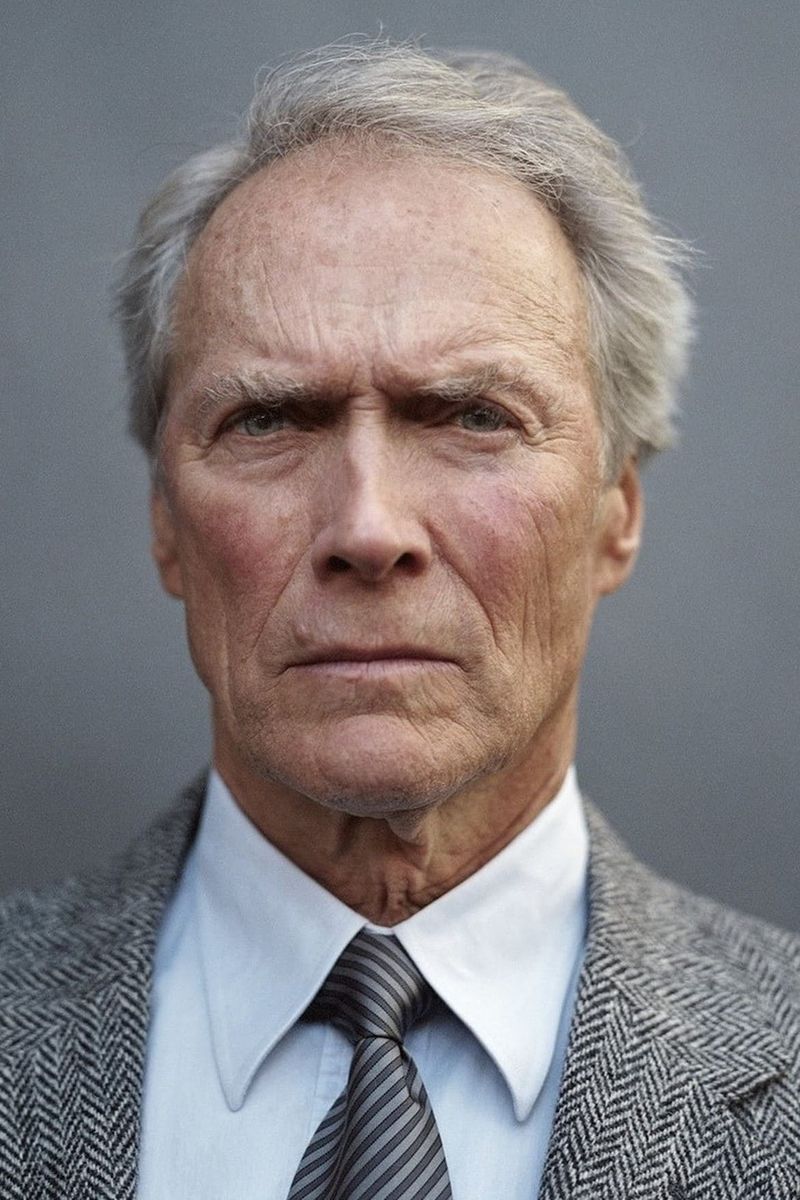
Few actors have mastered the art of directing quite like Clint Eastwood. His films Unforgiven and Million Dollar Baby both earned him Best Director and Best Picture Oscars, cementing his legacy as a filmmaking genius.
Eastwood’s style is understated yet powerful. He doesn’t rely on flashy effects or dramatic music. Instead, his minimalist approach lets emotions breathe naturally on screen.
This restraint has influenced countless filmmakers who admire his confidence and efficiency. Eastwood proves that sometimes less really is more, and his decades-long career behind the camera continues to inspire new generations of directors worldwide.
6. George Clooney

George Clooney brought intelligence and political awareness to his directing with Good Night, and Good Luck, a black-and-white drama about journalism and McCarthyism that earned multiple Oscar nominations.
His films reflect his thoughtful personality. Clooney isn’t interested in empty entertainment—he wants audiences to think critically about important social and political issues.
Beyond his famous charm and acting talent, Clooney has established himself as a serious filmmaker. His directing choices show courage and conviction, tackling subjects others might avoid while maintaining artistic excellence that commands respect throughout the industry.
7. Jodie Foster

Already a two-time Oscar winner as an actress, Jodie Foster made a graceful transition to directing with Little Man Tate in 1991, followed by other projects including Money Monster.
Foster’s directorial approach emphasizes character depth and empathy. She gravitates toward stories about outsiders and misunderstood individuals, bringing genuine sensitivity to complex human experiences.
Her intelligence shines through every frame. Foster doesn’t follow trends or chase blockbuster formulas. Instead, she creates thoughtful films that explore what makes people tick, proving that great directing requires both technical skill and emotional understanding of humanity’s beautiful complexity.
8. Greta Gerwig
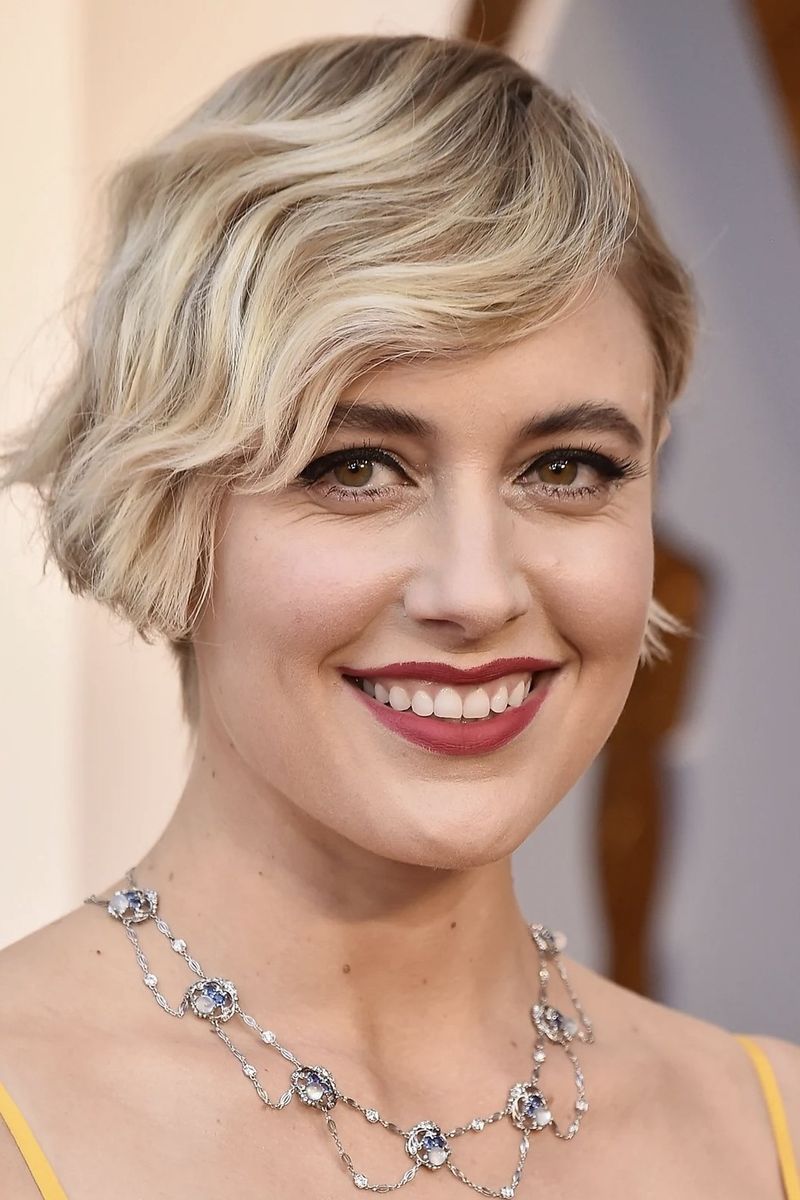
Starting as an indie actress and writer, Greta Gerwig became one of modern cinema’s most celebrated directors with Lady Bird and Little Women, earning Oscar nominations for both directing and writing.
Her storytelling feels fresh and heartfelt. Gerwig captures the messy beauty of growing up, especially for young women navigating complicated family relationships and personal dreams.
What makes Gerwig special is her authenticity. She writes and directs with sharp wit and genuine emotion, creating characters that feel like real people rather than movie stereotypes. Her rapid rise proves that distinctive voices can still break through in Hollywood.
9. Ron Howard
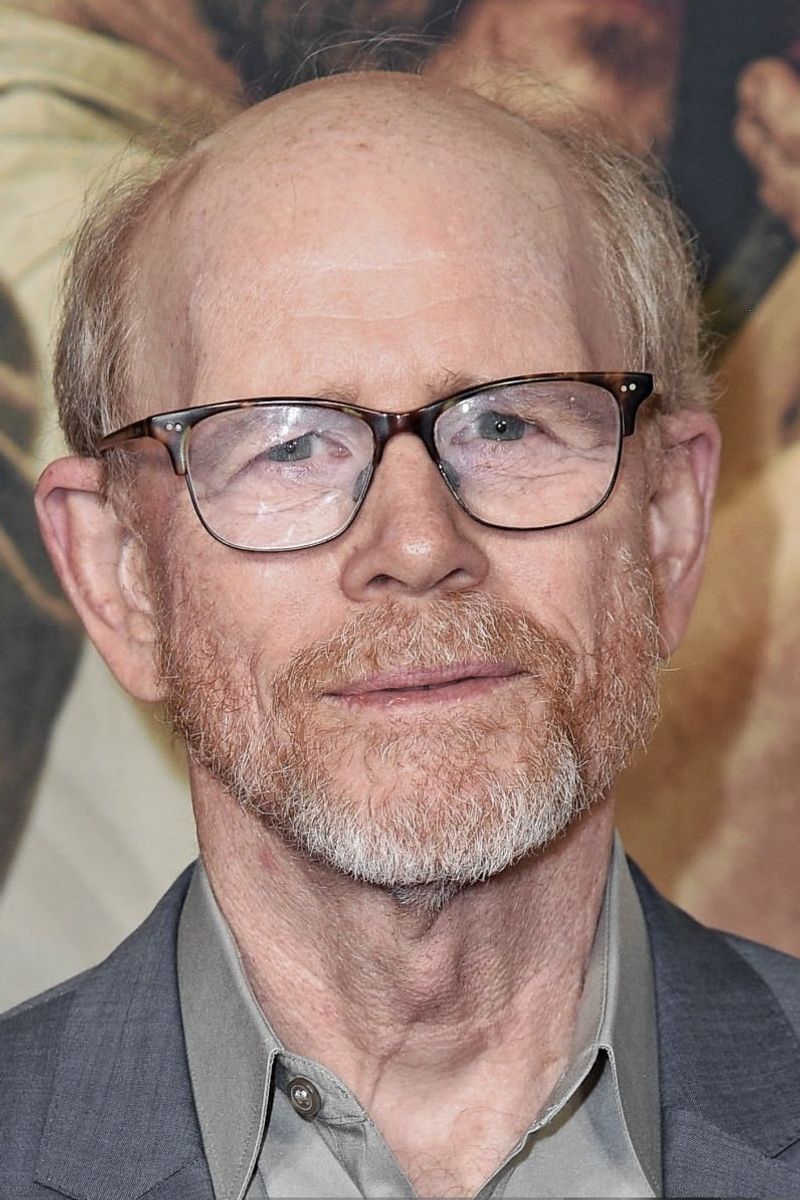
From child star on Happy Days to Hollywood’s most dependable director, Ron Howard’s journey is remarkable. His films like Apollo 13 and A Beautiful Mind earned both commercial success and critical praise, with the latter winning Best Director.
Howard excels at making complex stories accessible. Whether depicting space missions or mathematical genius, he finds the human heart within technical subjects.
His reliability doesn’t mean boring—it means consistently excellent. Howard understands audience expectations while delivering quality storytelling that educates and entertains simultaneously, making him one of the industry’s most trusted and accomplished filmmakers for decades.
10. Bradley Cooper
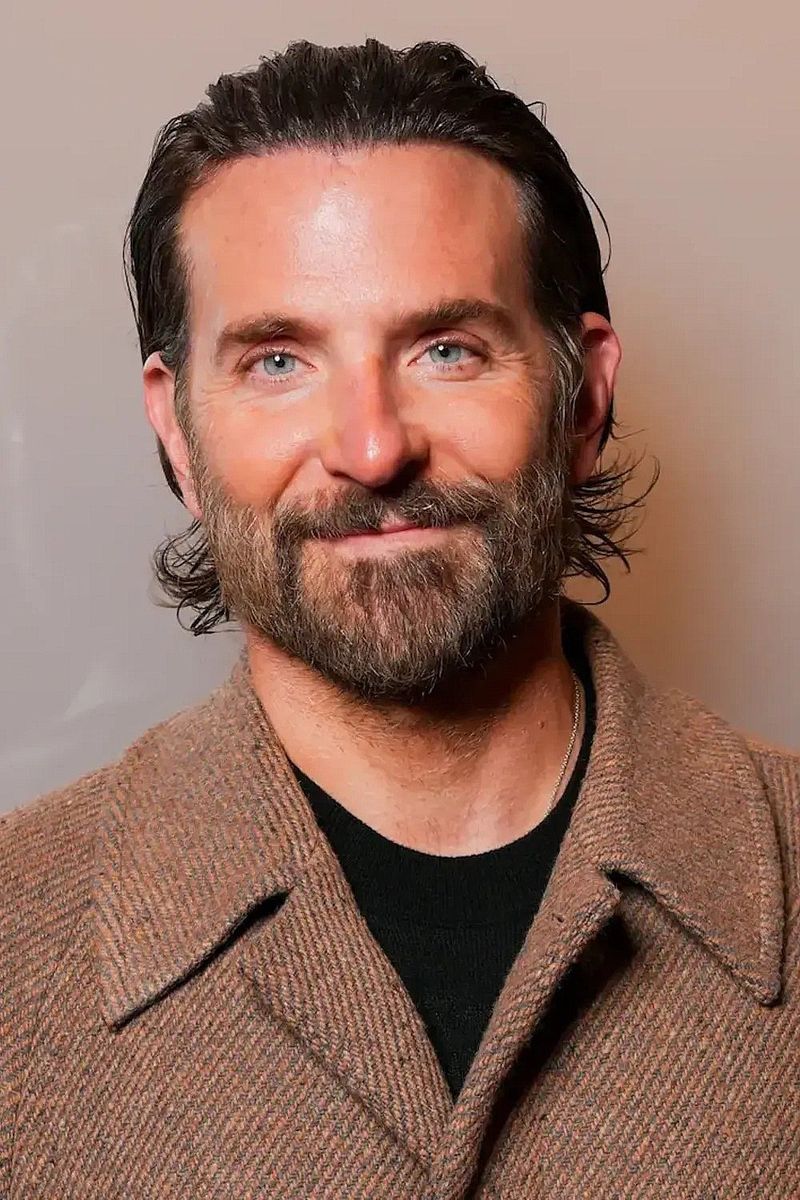
Bradley Cooper shocked Hollywood with his directorial debut, A Star Is Born, which earned eight Oscar nominations. Already a top actor, Cooper proved he could craft emotionally devastating cinema from behind the camera too.
His approach blends musical authenticity with raw intimacy. Cooper filmed actual concert performances to capture genuine energy, while keeping the love story grounded and heartbreaking.
What’s impressive is his fearlessness. Cooper took on directing, acting, and singing simultaneously in his first film, a risk that could have failed spectacularly but instead established him as a serious creative force with genuine artistic vision.
11. Jordan Peele
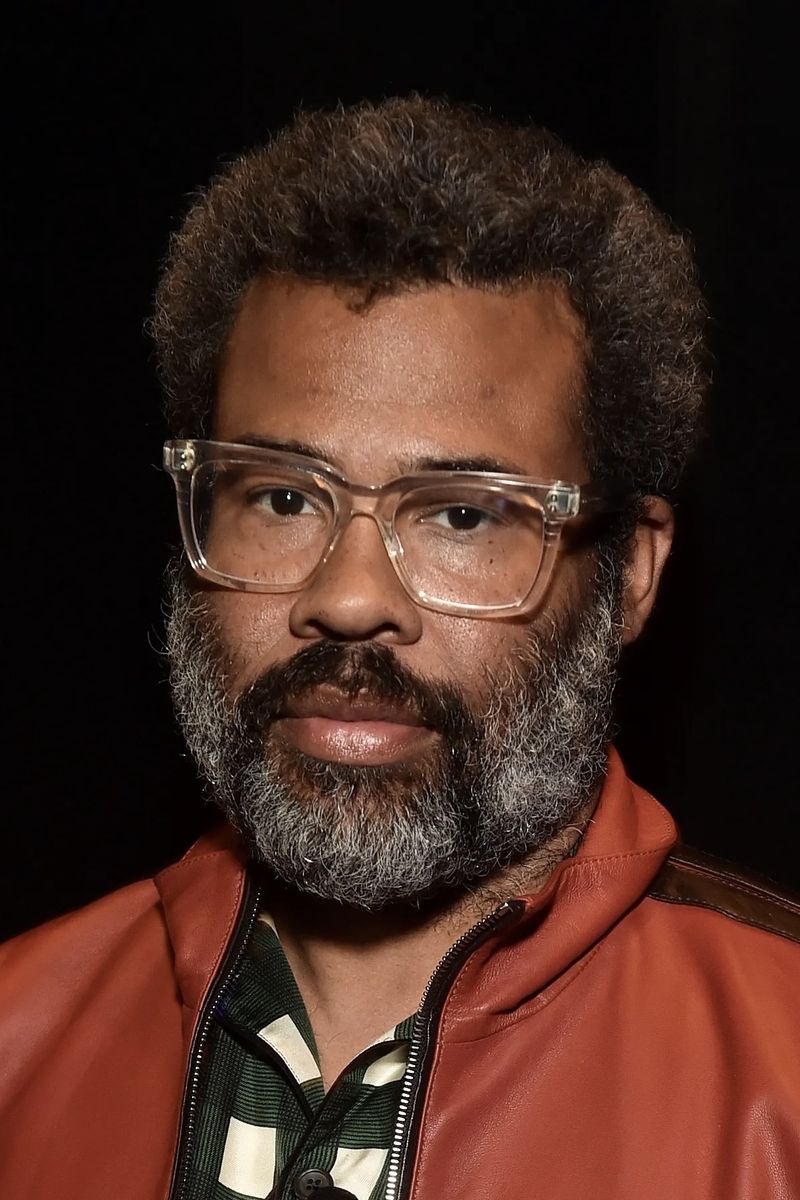
Known primarily for sketch comedy on Key & Peele, Jordan Peele stunned audiences with Get Out, a horror film that earned him an Oscar for Best Original Screenplay and changed the genre forever.
Peele’s films blend terror with social commentary. He uses horror conventions to explore racism, privilege, and identity in ways that are both entertaining and thought-provoking.
His transition from comedy to horror seems unlikely until you realize both require perfect timing and understanding of audience psychology. Peele’s directorial voice is unique and urgent, ushering in a new era of socially conscious filmmaking that entertains while challenging viewers’ assumptions.
12. Elizabeth Banks
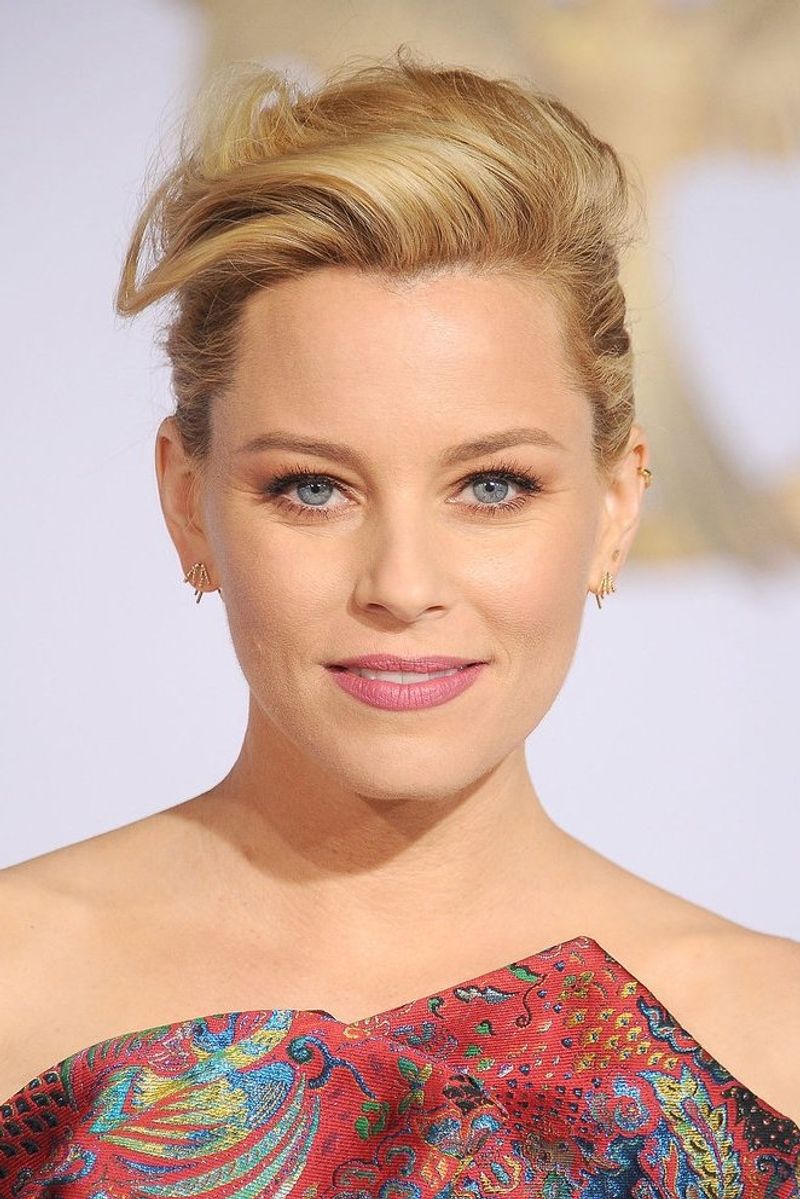
After starring in franchises like Pitch Perfect and The Hunger Games, Elizabeth Banks stepped confidently into directing with Pitch Perfect 2 and the wild Cocaine Bear.
Banks brings bold comedic sensibility to her directing. She isn’t afraid to take risks or push boundaries, creating films that surprise audiences with their audacity and humor.
Her directorial style is energetic and fearless. Banks understands commercial entertainment while adding her own quirky twist, earning industry respect for her willingness to experiment. She proves that female directors can command big-budget comedies with confidence, creativity, and commercial success that opens doors.

Comments
Loading…